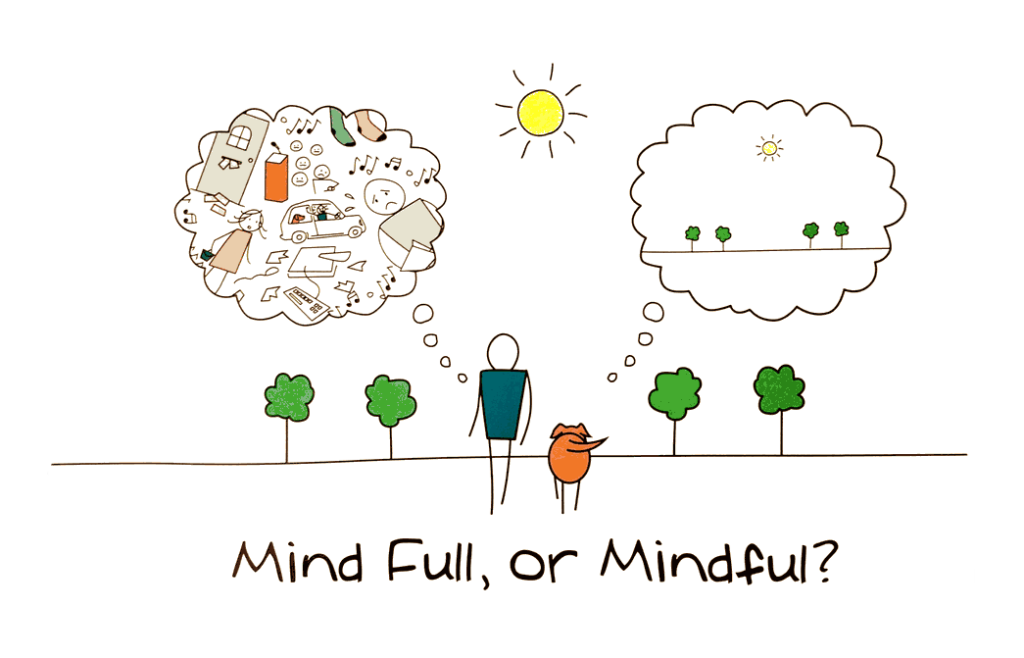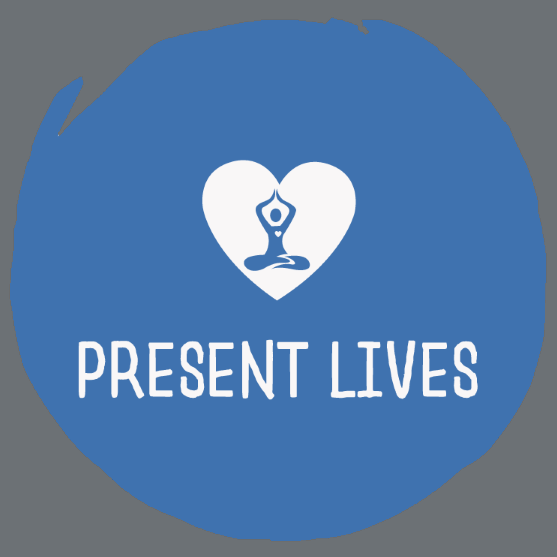
.
.
Mindfulness
.
.
What is mindfulness?

Mindfulness is the ability to stay in the present moment, and to be aware of where we are and what we are doing. It allows us to be calm and less reactive to any events happening around us.
Another important feature of mindfulness is to be free from any thoughts that may come up whilst practicing it. It is best to be non judgemental for any thoughts that arise, and then allow them to pass.
The more we experience mindfulness, the easier it becomes to remain this way. This practice is very helpful for us, especially when we are in places that we tend to ruminate, such as commuting, doing housework or driving.
Mindfulness is a skill, and it may be difficult at first to experience it. Therefore it is important to practice meditation, as it will help achieve mindfulness on a more regular basis.
Meditation is any type of activity that helps us achieve mindfulness.
Benefits of Mindfulness

Practicing mindfulness provides many mental health benefits, along with physical health improvements as well. Mental health improvements include reduced anxiety, worrying, stress and improved sleep. Some physical health benefits include a lower blood pressure and reduced body tension. When we practice mindfulness regularly and long enough, we will also experience an improvement in well being.
The key to achieving mindfulness is to practice a form of meditation on a regular basis. An example for beginners would be about 10 minutes each day, whilst trying an easier form of meditation to start with. This could be include listening to a recording of raindrops, or a guided meditation such as progressive muscle relaxation. To find out more about meditation click on the link below.

Mind Full, or Mindful?

A popular way to describe being mindful, is to compare the state “mind full”, versus “mindful” as shown in the image. The person has many different anxious or worried thoughts. These thoughts are distracting them from the experience of being in the park. This is labelled as a phrase “Mind Full” , as their mind is full of various thoughts.
However, the dog is not distracted, and therefore is in a state of mindfulness, or being “mindful”. The dog is experiencing more fun in the park, whereas the person is distracted by their many aspects of their life.
Therefore it is important to try and achieve mindfulness more often, so we can better enjoy experiences such as going to the park, and other times of recreation.
We can also try to delegate certain times in our day, to allow us to deal with worries or anxiety. An example of this could be 30 minutes each day to take notes, or write in a diary. This is a good form of problem solving that can allow us to feel more confident in tackling problems or worries that we may have. Therefore we can feel more relaxed whilst enjoying recreation such as walking the dog or exercising.
